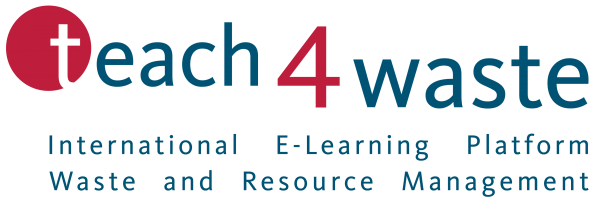Preface
The identification of potentials for materials recycling and thermal use of waste introduces the issue of waste management, and induces strategies, which are focused on purposive best available solution.
Therefore, knowledge of the composition of solid wastes and the understanding of the thermal valorisation processes are essential for designing the required pre-treating facility right. Measures have to be taken with the waste from its collection to its final destination, in a correct sanitary way, economically feasible, and considering the type of waste and always having in view of environmental sustainability and waste resource market trends.
Within the scope of the characterization, the depth, and the kind and sequence of treatment can be derived as well as its potentials the thermal use of alternative fuels and its need of disposal of unsuitable fractions. Whether the resulting solid alter-native fuel will suit for the envisaged process, it will depend on the waste derived thermal potential, its organics to be reduced, and it’s content of impurities which have to be disposed in a safe manner.
The lack of knowledge has a fundamental impact on the waste management chain until feeding AF to thermal processes. Thus all parties involved are forced to close gaps in the chain of pre- and co-processing by control and quality assurance of input and output, and to claim a sufficiently high lead factor, e.g. in compliance with the legally required environmental standards.
Irrespectively, the potentials of the envisaged waste must meet the process and production-specific target of the respective recovery process after pre-processing and quality surveillance.
These properties have to be agreed individually and after the assessments in advance.
| The colour code used here is related to | waste | technic | invest + use |
|---|
